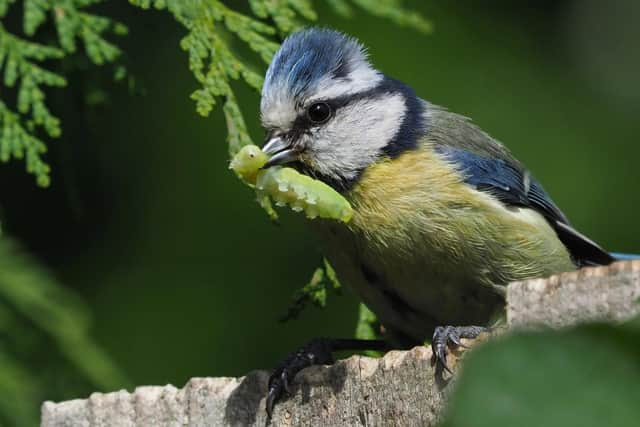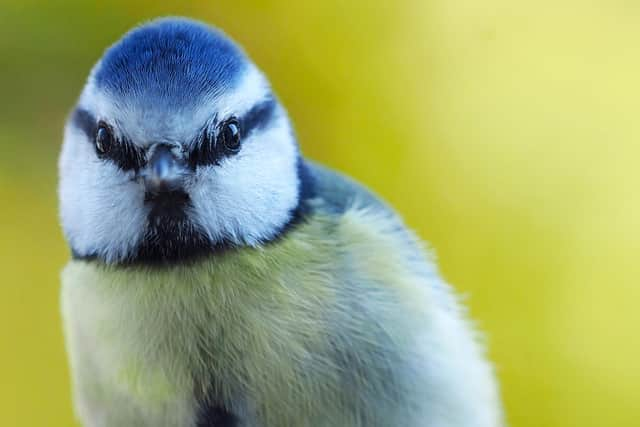Sandy's RSPB HQ prepares to launch the charity's Big Garden Birdwatch 2024
This article contains affiliate links. We may earn a small commission on items purchased through this article, but that does not affect our editorial judgement.
and live on Freeview channel 276
The RSPB, whose HQ is nestled in The Lodge nature reserve in Sandy, is preparing to launch its annual Big Garden Birdwatch.
The charity (The Royal Society for the Protection of Birds) has been running the UK’s largest wildlife survey since 1979, and this year is no exception.
Advertisement
Hide AdAdvertisement
Hide AdFrom Friday January 26 to Sunday 28, bird enthusiasts will be watching from the wings, to note the species and number of birds visiting their garden.


So far there are nearly 260,000 people signed up to help paint a picture of how Britain’s birds are faring.
The charity asks that individuals spend an hour, over the three days, watching the birds in their garden, and recording those that land. Results can then be submitted online or by post.
Those who want to take part can download a free pack from the charity’s website to aid their task. The pack includes a discount on bird feed to help attract more feathered friends to the garden.
Advertisement
Hide AdAdvertisement
Hide AdLast year, over half a million people took part, counting more than nine million birds.


The blue tit, whose charming pictures were snapped by local photographer Tony Margiocchi, ranked second at nearly 904,600 sightings, while the house sparrow pipped it to the perch with 1,4million.
Starlings came in at number three, with some 904,000 sightings, followed by the wood pigeon with 750,250.
Birds which are not faring so well include the Song Thrush whose number is down by 80 per cent since the annual count began, while 38million birds have been lost from UK skies overall.